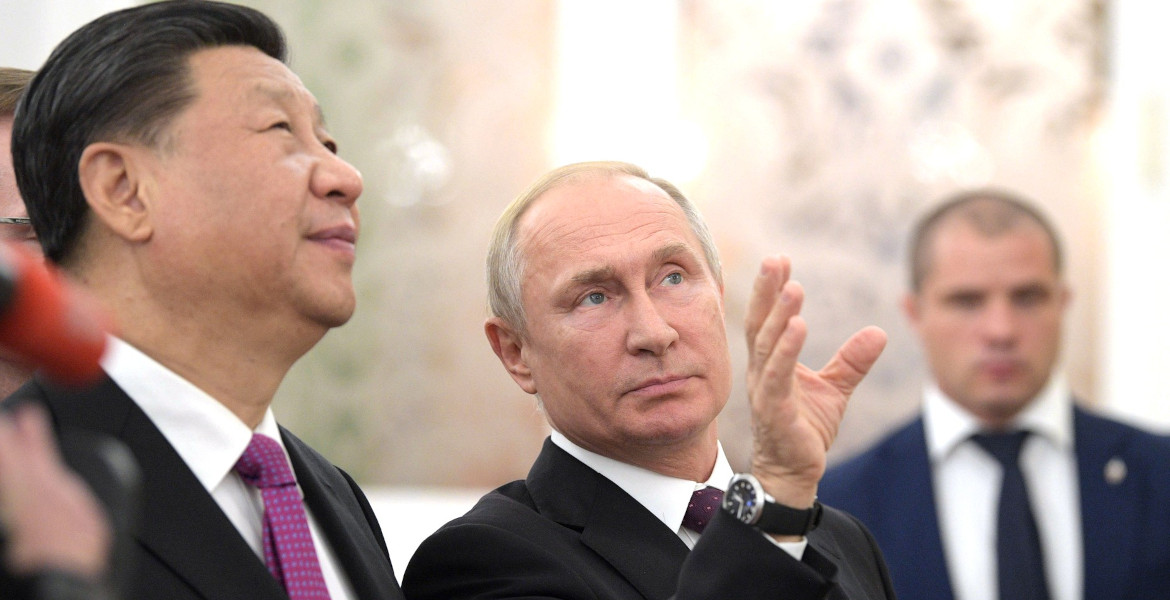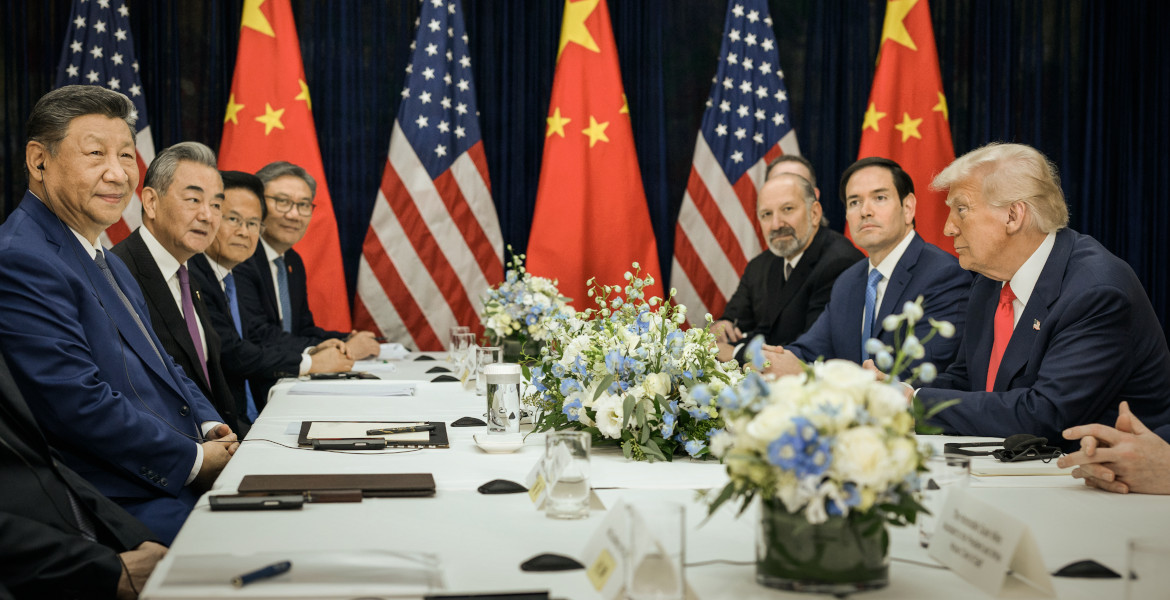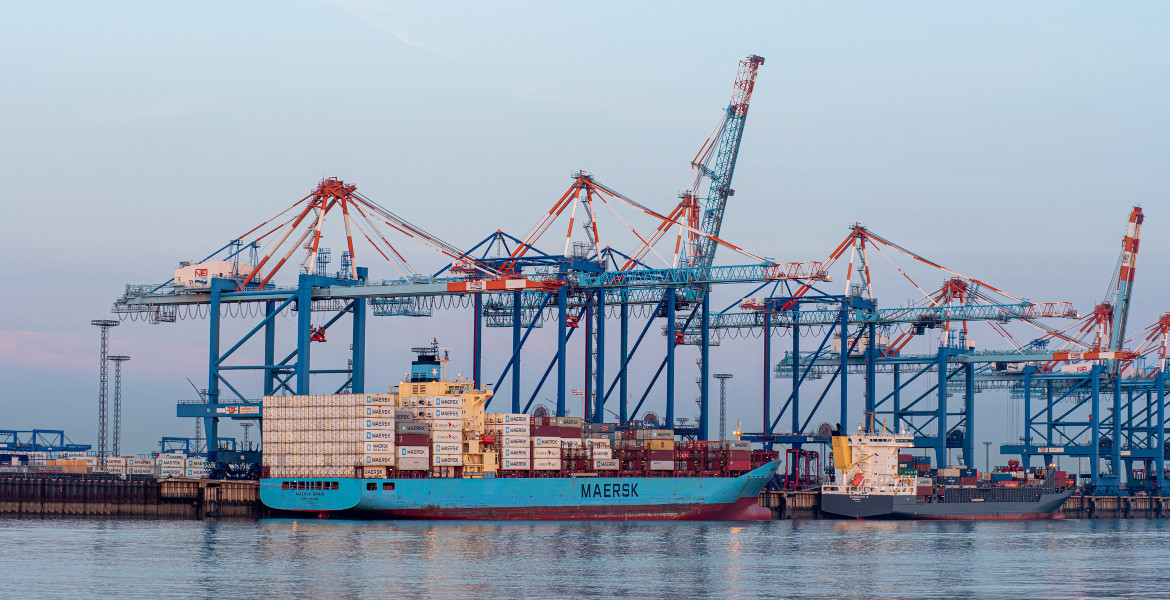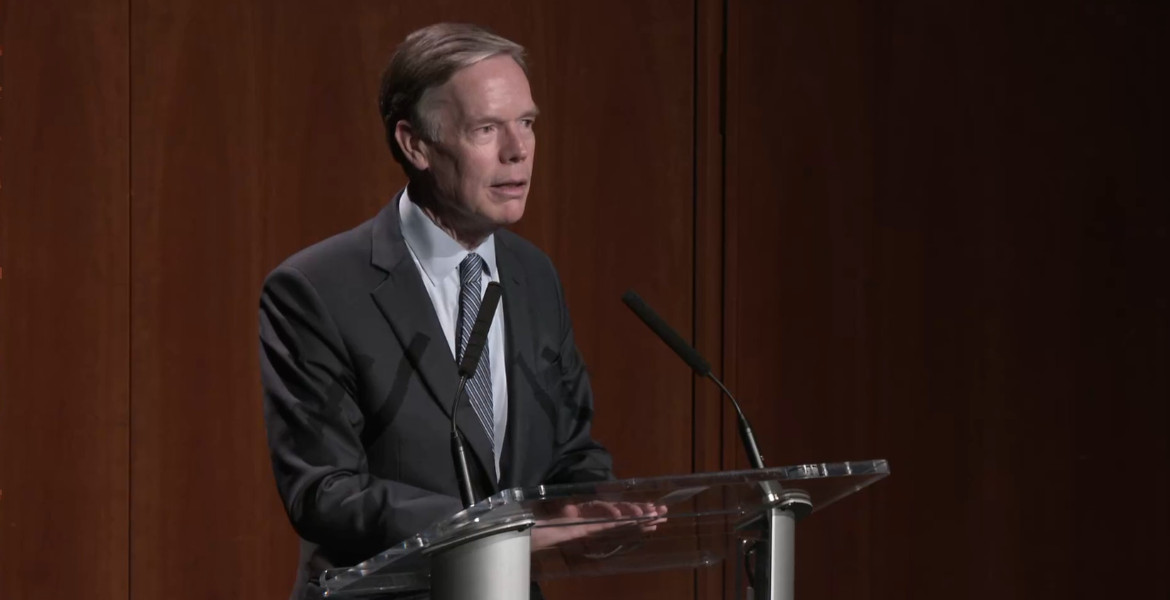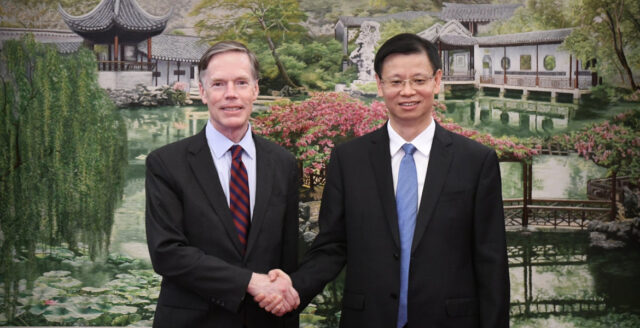In some Washington circles, Moscow is seen as a potential "junior partner" that can be drawn away from Beijing's influence. Western discourse has long painted Russia as a junior partner – even a vassal state – in relation to China.
In recent decades, ties between the two powers have strengthened markedly, especially after Western countries, seeking to isolate Russia during the Ukraine conflict, cut off economic and cultural contacts. As a result, Beijing's role as both an economic and political ally of Moscow has increased. While differences in population size and economic capacity may seem crucial, the complex dynamics between the countries cannot be reduced to mere statistics. Russia has significant military and strategic advantages, making a subordinate position difficult to imagine.
The American view
According to US officials, including Secretary of State Marco Rubio, Russia has become increasingly dependent on China – a dependence that they say risks undermining Moscow's strategic autonomy. Some in the US interpret this as a sign that a future coalition between Moscow and Beijing could threaten Washington's interests. Comparisons are drawn with the Nixon-era attempts to exploit the geopolitical situation in the 1970s, when a US initiative helped to open China to the West and thus strengthen the US position against the Soviet Union.
However, the historical parallel is flawed: in the 1970s, China and the Soviet Union were already in a sharp confrontation, and the current situation is characterized by the fact that neither Russia nor China is interested in distancing themselves from the United States. Instead, through its dual containment strategy, the US sees both China and Russia as potential threats – a view that many argue is more a result of US elite discourse than an objective assessment of reality.
China's perspective
China wants to avoid a bipolar world confrontation and sees the United States' intense efforts to contain it as a legacy of an outdated "Cold War mentality". For Beijing, the national agenda is primarily about socio-economic development, where foreign policy is seen as a tool rather than an end in itself. In this context, Russia is not seen as a submissive partner, but as a strategic player with significant military and geopolitical resources.
By leveraging Russia's energy and transit capabilities, China can secure key raw materials while maintaining good relations with other global players, including the United States and Western countries. Too close a relationship with Moscow would risk jeopardizing these relations, which China is prepared to avoid. Beijing's strategy is therefore characterized by maintaining a balanced relationship with Russia – a cooperation based on mutual benefit rather than hierarchical subordination.
Conclusion
Reducing the Russia-China relationship to a simple narrative of Western dependence and subservience misses the complex reality. Both Moscow and Beijing cherish their strategic autonomy and prefer pragmatic cooperation to a relationship characterized by hierarchy. The US fear of Russia falling under China's influence rather reflects its own desire to redefine the global balance of power.
If the US could let go of its need to act as the world's moral compass, and instead focus on raising the living standards of its citizens, a more nuanced understanding of international relations could emerge – one in which major powers cooperate on equal terms without imposing roles of subordination or superiority on each other.
A longer analysis article by Zuenko has been published on RT.
